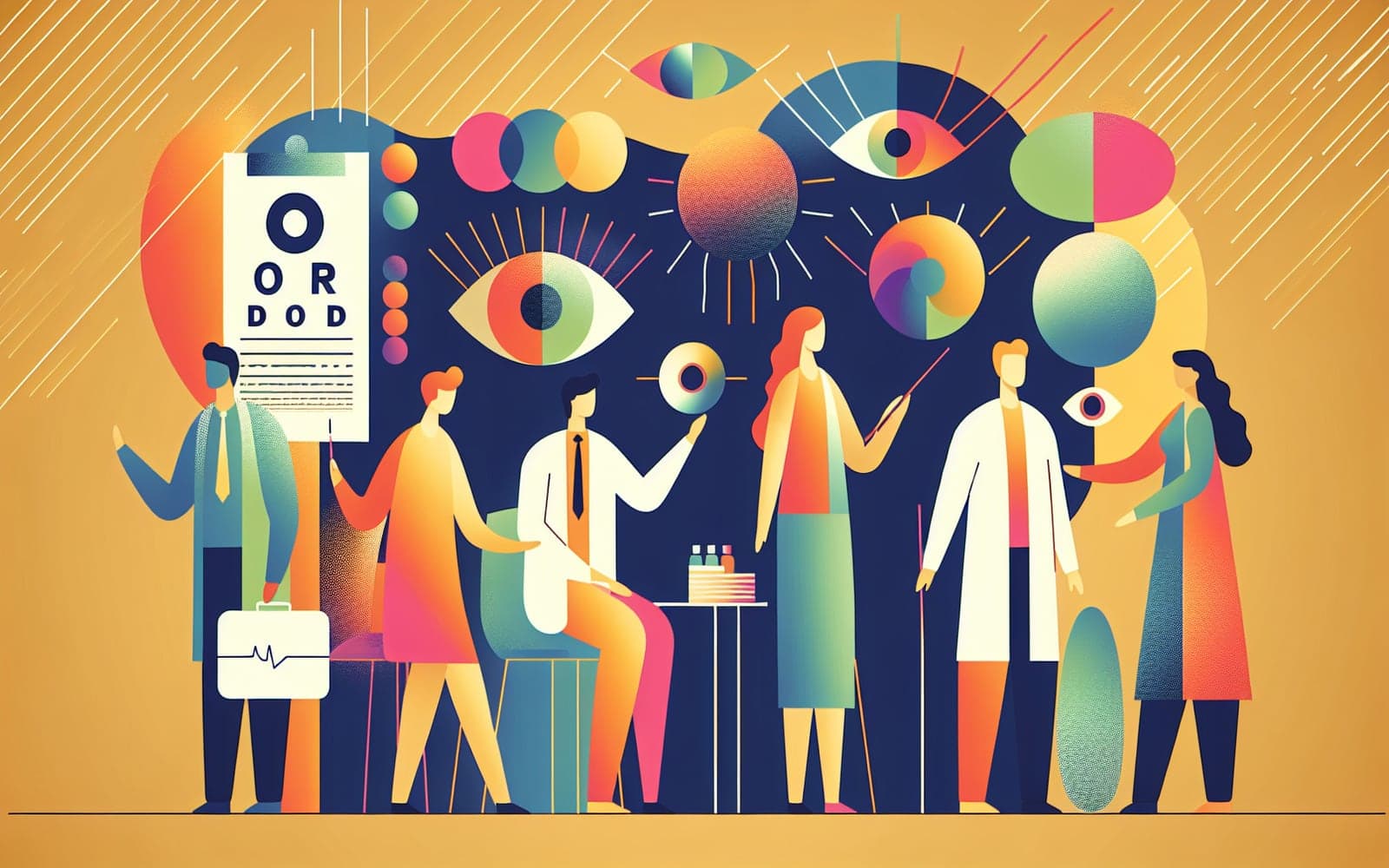What's Behind the Eye Dance? Causes of Nystagmus Revealed
Published: Jan 01, 2024
Ever wondered why some people's eyes seem to have a mind of their own? Let's dive into the fascinating world of nystagmus causes and uncover what sets those eyes in motion!
Contents
Born This Way: Congenital Nystagmus
Some people are born with nystagmus, a condition known as congenital nystagmus. It's like their eyes come pre-programmed with a unique dance routine. This type can be caused by genetic factors or developmental issues affecting the parts of the brain that control eye movements. Imagine it as a quirk in the eye's operating system that's been there from the start.
Acquired Nystagmus: When Life Throws a Curveball
Nystagmus can also develop later in life, known as acquired nystagmus. This can be caused by a variety of factors, including neurological conditions, inner ear problems, or certain medications. It's like your eye movement control system suddenly encounters a glitch. Common culprits include multiple sclerosis, stroke, or vestibular neuritis. Even excessive alcohol consumption can cause a temporary form of nystagmus!

The Inner Ear Connection: Vestibular Nystagmus
One fascinating cause of nystagmus is related to the inner ear. Your inner ear is like a built-in gyroscope, helping you maintain balance. When something disrupts this system, it can lead to vestibular nystagmus. Conditions like benign paroxysmal positional vertigo (BPPV) or Meniere's disease can throw off your inner ear balance, causing your eyes to move involuntarily as they try to adjust.
Frequently Asked Questions
Stress alone doesn't cause it, but can worsen existing nystagmus.
Some forms can be inherited, especially congenital nystagmus.
Some acquired forms may resolve if the underlying cause is treated.
No, but it's a common symptom in many vestibular disorders.
Key Takeaways
Understanding the diverse causes of nystagmus is crucial for proper diagnosis and effective treatment.
Curious about what might be causing your eye movements? Chat with Doctronic to learn more about nystagmus causes and when to seek professional evaluation.Related Articles
References
Gresty MA, Bronstein AM, Page NG, Rudge P. Congenital-type nystagmus emerging in later life. Neurology 1991; 41:653.
Leigh RJ, Averbuch-Heller L, Tomsak RL, et al. Treatment of abnormal eye movements that impair vision: strategies based on current concepts of physiology and pharmacology. Ann Neurol 1994; 36:129.
Always discuss health information with your healthcare provider.

